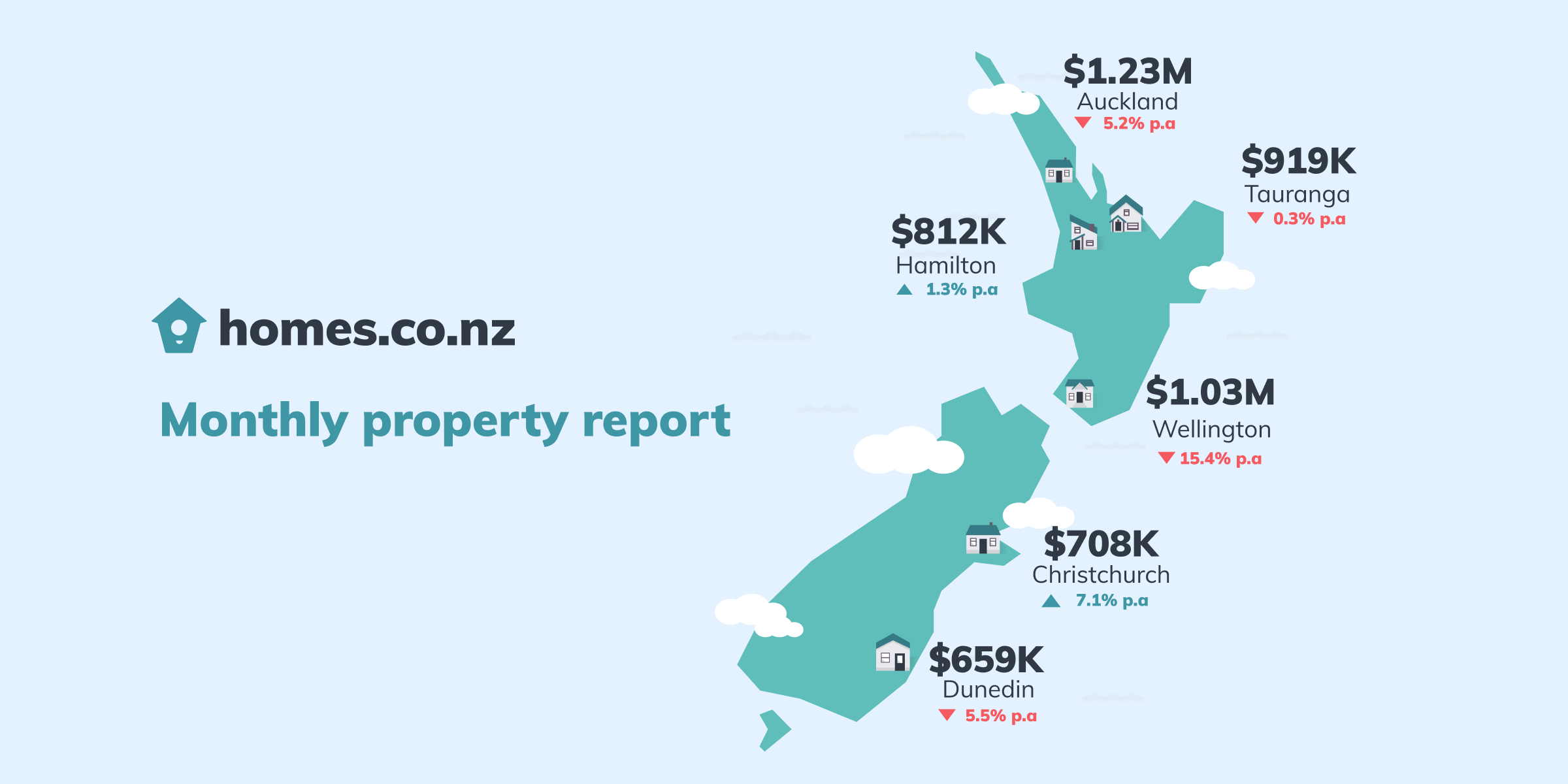Is your investment property in a multi-unit dwelling? If so, meeting the Healthy Homes Standards might prove challenging. We talk about complications, the procedures to follow for best practice and potential exemptions in this article.
What Are The Healthy Homes Standards?
The Healthy Homes Standards for rental properties cover ventilation, insulation, heating, draught stopping and moisture and drainage. The changes were announced in March 2019 and are targeted at areas expected to make a big difference to the health and comfort of tenants.
What’s happened so far?
Some changes have already been introduced. Since 1 July 2019 the insulation provided in rental properties has needed to comply with the Standards. All new Tenancy Agreements have also had to include a separate ‘Intent To Comply With The Healthy Homes Standards’ statement since this date.
What are the next deadlines?
There are two key deadlines coming up. By 1 December 2020, all new or renewing tenancy agreements must be accompanied with a full compliance statement, setting out how well the property complies with the five new compliance standards. By 1 July 2021 it is essential that the property complies with those requirements. If landlords are relying on exemptions that exist, this information must be included with the Statement.
Why is it harder for multi-unit dwellings?
It is likely that achieving compliance will be more difficult for landlords with rental properties in multi-unit dwellings. Retrofitting heat pumps is one example that may prove challenging.
Firstly, you will need to find an appropriate place for an outdoor unit. Even if a property has a balcony, you’ll almost certainly need the body corporate’s permission to install a unit on it. Drainage issues and the addition of penetrations in the cladding could also be problematic.
Remember that heat pumps are not the only solution for meeting heating standards and some exemptions do exist.
What Exemptions are available?
Exemptions are available for landlords who don’t own all or part of the building that is necessary to achieve compliance with the Standards. Find out more in this article from Crockers Property Management.
However, it’s important to note this doesn’t mean landlords can opt out of the Standards. You must be able to show you have undertaken ‘reasonable endeavours’ to comply.
What are considered ‘Reasonable Endeavours’?
You must be able to show you have taken all reasonable steps to ensure your rental property complies with the standards, including:
- Formally seeking access or permission where required
- Following all the correct processes where work needs to be done
- Seeking the advice of suitably qualified professionals.
Does your case hold up?
Whether exemptions are allowed at the end of the day may come down to what the Tenancy Tribunal considers to be ‘reasonable’ in your particular case.
Ensuring you have written advice to prove you have consulted with your body corporate and showing you have acted reasonably will all be considered in these circumstances.
Tips and Tricks
Crockers Property Management has five top tips for achieving compliance:
- Ensure you document everything
- Have your rental property professionally assessed
- If you don’t get a professional assessment, ensure you record your basis of assessment of compliance against the Standards
- Always ask for professional advice and any exemptions in writing and remember to keep copies
- Retain your receipts for any work completed.


